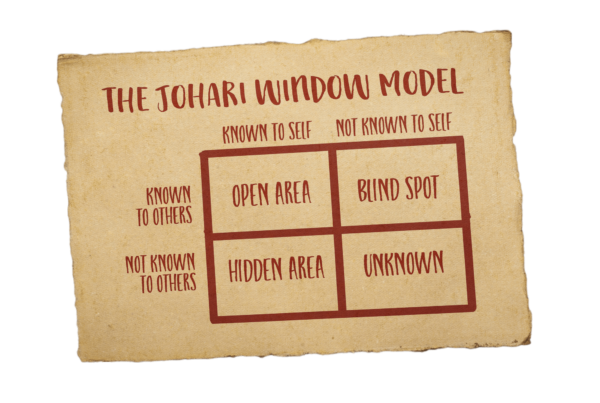Last Updated on May 8, 2023 by Dave Schoenbeck
Almost every business leader has encountered dysfunctional team dynamics at some point. When your direct reports don’t trust each other, frequently argue, and refuse to cooperate, it’s a nightmare for everyone involved. However, unsuccessful teamwork
doesn’t happen in a vacuum. There are ways that you can solve this problem or avoid it entirely. 
The key is to know what makes a high-performing team and create a workplace where those characteristics are valued. Here’s what you need to know.
Characteristics of Effective and Ineffective Teams
According to Patrick Lencioni, the renowned author of The Five Dysfunctions of a Team, five qualities lead to dysfunctional team dynamics: absence of trust, fear of conflict, lack of commitment, avoidance of accountability, and inattention to results. Any one of these characteristics can lead to drama and interpersonal conflict between team members.
On top of that, one of these qualities tends to lead to the rest. For example, a lack of trust between team members can lead to fear of conflict, resulting in a lack of commitment to the company and the team. It’s a domino effect that has far-reaching consequences for your team.
On the other hand, effective teams trust each other to do their jobs and to communicate effectively. They maturely resolve conflict and are committed to the company mission and core values. Teammates take accountability for their work, the wins, the losses, and care about the results of their efforts.
Creating High-performance Teams
To avoid dysfunctional team dynamics, you should create an environment where a high-performance team can thrive. For example, if the root of most team problems is a lack of trust between team members, it’s your job as a manager to nurture that trust between your employees.
First, ensure your team is on board with your core values statement and overall strategic goals. Your colleagues are more willing to work together when they feel that their contributions matter on a big-picture level, and dysfunctional team dynamics thrive when employees feel that their work doesn’t matter.
Next, err on the side of over-communication. Your team should never feel too unsure of themselves or their job security to come to you or their coworkers if they make a mistake or have a question. It would help if you encouraged an environment where experimentation is encouraged, and everyone can be open about their failures and victories.
Finally, ensure every team member has a chance to be recognized. Teams thrive when every person is treated with respect and is trusted to do their job without micromanaging. Show that you appreciate what each employee brings and be vigilant in rooting out favoritism. Everyone should know that they are valued.
Creating a high-performance team depends on how you manage and the values you uphold in your workplace. So please fill out my contact form, and let’s discuss how to correct the dysfunctional team dynamics in your business.
Coach Dave
- Even the Best Entrepreneurs Don’t Know How to Write a Compelling Value Proposition - October 17, 2024
- Why Do We Always Underestimate the Completion Time for Our Tasks? - October 10, 2024
- Expert Tips to Conduct Touch Base Meetings with Your Direct Reports - October 3, 2024


